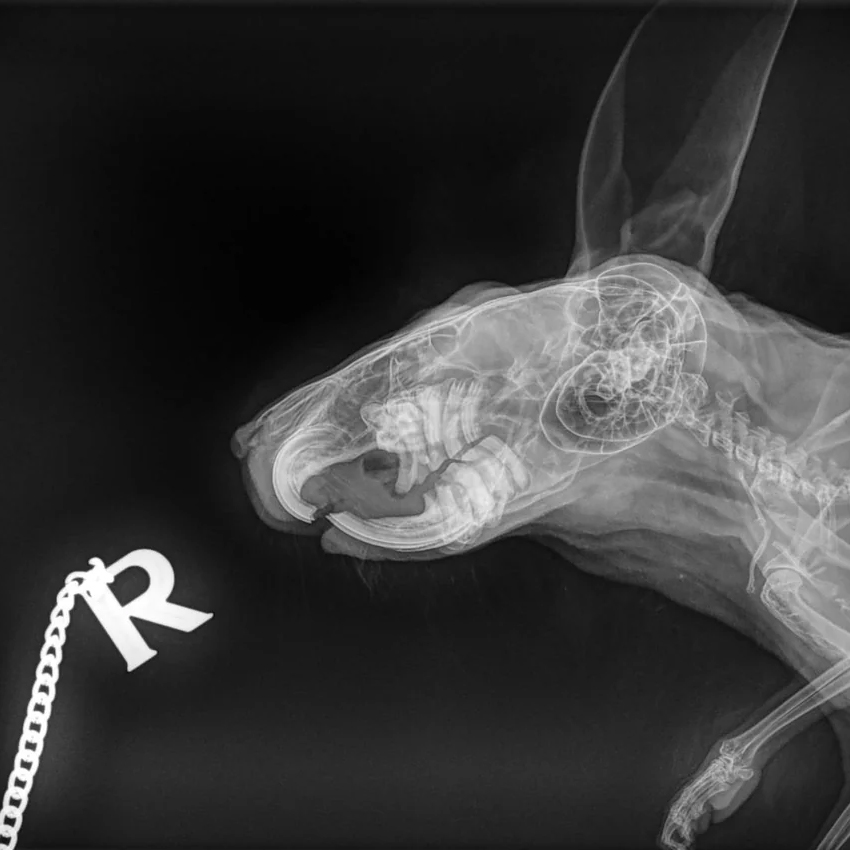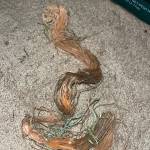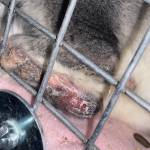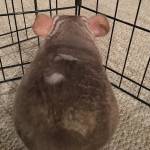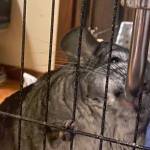Chinchillas are adorable little creatures that make great pets. They are friendly, playful, and entertaining, but they also require a lot of attention and care. One of the common health problems that chinchillas can face is malocclusion, which is a dental problem that affects their teeth and jaw. Malocclusion can cause pain, discomfort, and even death if not treated properly. In this article, we will discuss the causes, symptoms, and cures for chinchilla malocclusion, as well as ways to prevent it from happening.
What is Chinchilla Malocclusion?
Malocclusion is a dental condition that occurs when a chinchilla’s teeth do not align properly, causing them to grow in the wrong direction or at an abnormal rate. When the teeth grow unevenly, they can rub against the inside of the mouth, cheeks, and tongue, causing cuts, sores, and even abscesses. This can make it painful and difficult for the chinchilla to eat, drink, and groom itself. Malocclusion can also affect the jawbone, causing it to weaken or deform over time.
Causes of Malocclusion in Chinchillas
There are several causes of chinchilla malocclusion, including genetics, diet, trauma, and infection. Here are some of the common causes:
- Genetics: Some chinchillas are born with misaligned teeth due to genetic factors. This is more common in chinchillas that come from breeding programs or pet stores that do not pay close attention to the health and genetics of their animals.
- Diet: A chinchilla’s diet plays a critical role in its dental health. If a chinchilla does not receive enough roughage or fiber in its diet, its teeth may not wear down properly, leading to overgrowth and malocclusion. This is especially true for chinchillas that are fed a diet high in pellets or treats, which are low in fiber.
- Trauma: Chinchillas that experience trauma to their face, jaw, or teeth can develop malocclusion as a result. Trauma can be caused by accidents, falls, or fights with other chinchillas.
- Infection: Chinchillas that have dental infections or abscesses can develop malocclusion as a result. Infections can be caused by bacteria or viruses that enter the mouth through food, water, or other sources.
Symptoms of Chinchilla Malocclusion
It is essential to recognize the symptoms of chinchilla malocclusion early on to prevent it from becoming a severe health issue. Here are some of the most common symptoms:
- Loss of Appetite: Chinchillas that have malocclusion may have trouble eating, which can lead to weight loss and malnutrition.
- Drooling: If a chinchilla is drooling excessively, it may be a sign that it has dental problems.
- Difficulty Chewing: Chinchillas with malocclusion may have difficulty chewing or grinding their food, leading to incomplete digestion.
- Discomfort: Chinchillas with malocclusion may show signs of discomfort, such as pawing at their mouths or shaking their heads.
- Facial Swelling: In severe cases, chinchillas with malocclusion may develop facial swelling or abscesses.
Cures for Chinchilla Malocclusion
The treatment for chinchilla malocclusion depends on the severity of the condition. Mild cases of malocclusion can be treated with regular dental care, while severe cases may require surgery or other interventions. Here are some of the possible cures for chinchilla malocclusion:
- Dental Trimming: One of the most common treatments for chinchilla malocclusion is dental trimming. This involves using special tools to file down the chinchilla’s teeth, making them shorter and more even. Dental trimming should only be done by a veterinarian or a professional with experience in chinchilla dental care. It is important to note that excessive trimming can cause more harm than good, so it should be done sparingly and only when necessary.
- Diet Management: Another way to prevent and treat chinchilla malocclusion is by managing the chinchilla’s diet. Chinchillas require a diet high in roughage and fiber, such as hay, grasses, and leafy greens. Pellets and treats should be limited or avoided altogether, as they can lead to overgrowth of the teeth. Providing chew toys, wooden blocks, and other items for the chinchilla to gnaw on can also help keep its teeth in good condition.
- Surgery: In severe cases of chinchilla malocclusion, surgery may be necessary to remove or reposition the affected teeth. This should only be done by a qualified veterinarian or dental specialist, as it can be risky and requires anesthesia.
- Antibiotics: If a chinchilla has a dental infection or abscess, antibiotics may be prescribed to treat the underlying cause of malocclusion. However, antibiotics should only be used under the guidance of a veterinarian, as they can have side effects and may not be effective against all types of bacteria.
Preventing Malocclusion in Your Chinchilla
Prevention is key when it comes to chinchilla malocclusion. Here are some tips for preventing this condition:
- Feed your chinchilla a balanced diet that is high in roughage and fiber, and low in pellets and treats.
- Provide your chinchilla with chew toys and wooden blocks to gnaw on, which can help wear down its teeth naturally.
- Keep your chinchilla’s environment clean and free of bacteria and other pathogens that can cause dental infections.
- Handle your chinchilla gently and avoid rough play or accidents that can cause trauma to its teeth or jaw.
- Regularly monitor your chinchilla’s teeth and look for signs of malocclusion, such as uneven wear or overgrowth.
Chinchilla malocclusion is a common health problem that can affect chinchillas of all ages and breeds. It is important to recognize the symptoms early on and seek treatment to prevent the condition from becoming severe. Regular dental care, a balanced diet, and a clean environment can all help prevent chinchilla malocclusion. If your chinchilla does develop malocclusion, there are several treatments available, including dental trimming, surgery, and antibiotics. By taking good care of your chinchilla’s teeth and overall health, you can ensure that it lives a long and happy life.

